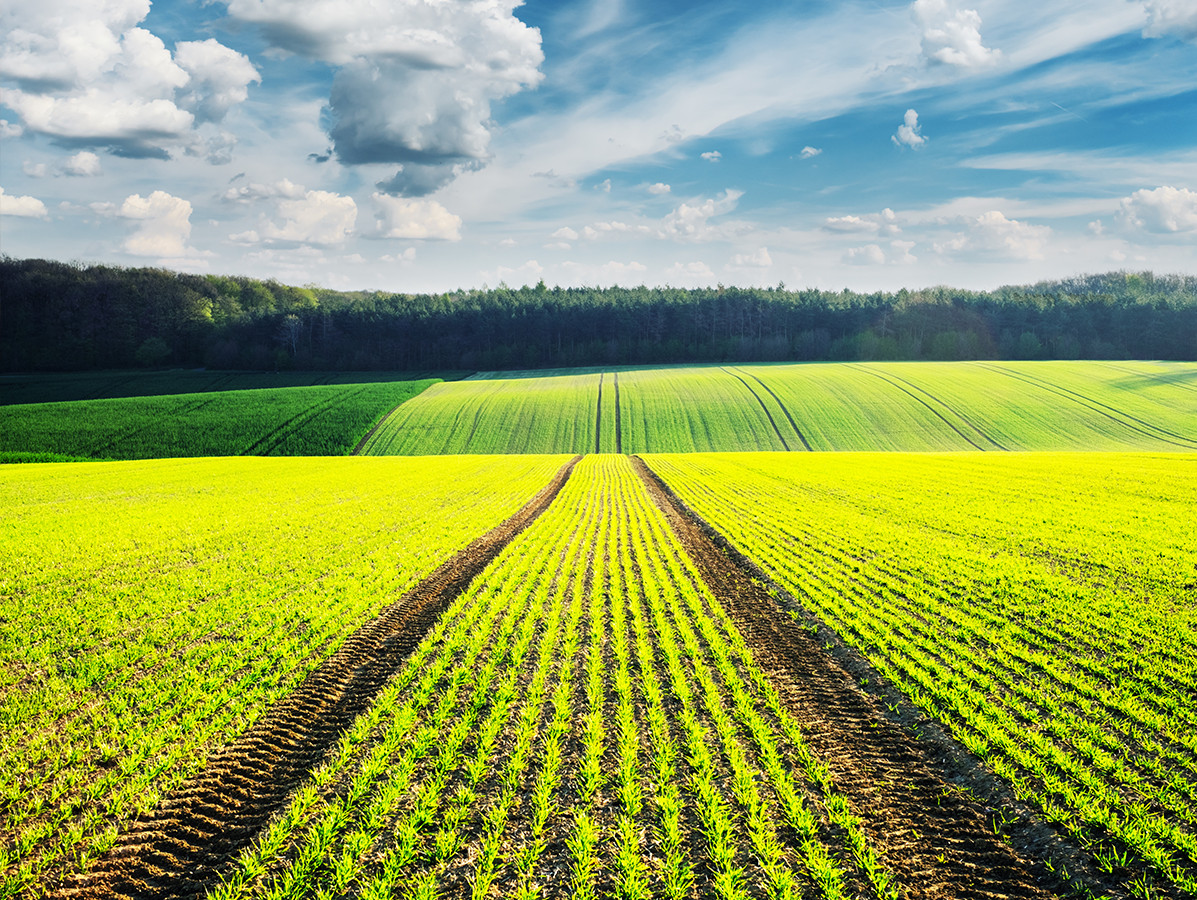
On Thursday 25 March 2021, the European Commission presented an Action Plan for the development of organic production. Its overall aim is to boost the production and consumption of organic products, to reach 25% of agricultural land under organic farming by 2030, as well as to increase organic aquaculture significantly.
Organic production comes with a number of important benefits: organic fields have around 30% more biodiversity, organically farmed animals enjoy a higher degree of animal welfare and take less antibiotics, organic farmers have higher incomes and are more resilient, and consumers know exactly what they are getting thanks to the EU organic logo. The Action Plan is in line with the European Green Deal and the Farm to Fork and Biodiversity Strategies.
The Action Plan is designed to provide the already fast growing organic sector the right tools to achieve the 25% target. It puts forward 23 actions structured around 3 axes – boosting consumption, increasing production, and further improving the sustainability of the sector – to ensure a balanced growth of the sector.
The Commission encourages Member States to develop national organic action plans to increase their national share of organic farming. There are significant differences between Member States regarding the share of agricultural land currently under organic farming, ranging from 0.5% to over 25%.
Growing consumption of organic products will be crucial to encourage farmers to convert to organic farming and thus increase their profitability and resilience. To this end, the Action Plan puts forward several concrete actions aimed at boosting demand, maintaining consumer trust and bringing organic food closer to citizens. This includes: informing and communicating about organic production, promoting the consumption of organic products, stimulating a greater use of organics in public canteens through public procurement and increasing the distribution of organic products under the EU school scheme.
Finally, it also aims to further improve organic farming's performance in terms of sustainability. To achieve this, actions will focus on improving animal welfare, ensuring the availability of organic seeds, reducing the sector's carbon footprint, and minimising the use of plastics, water and energy.
The Commission also intends to increase the share of research and innovation (R&I) and dedicate at least 30% of the budget for research and innovation actions in the field of agriculture, forestry and rural areas to topics specific to or relevant for the organic sector.
Read the ‘European Organic Action Plan 2021-2027’
ec.europa.eu
Source: Europese Commissie